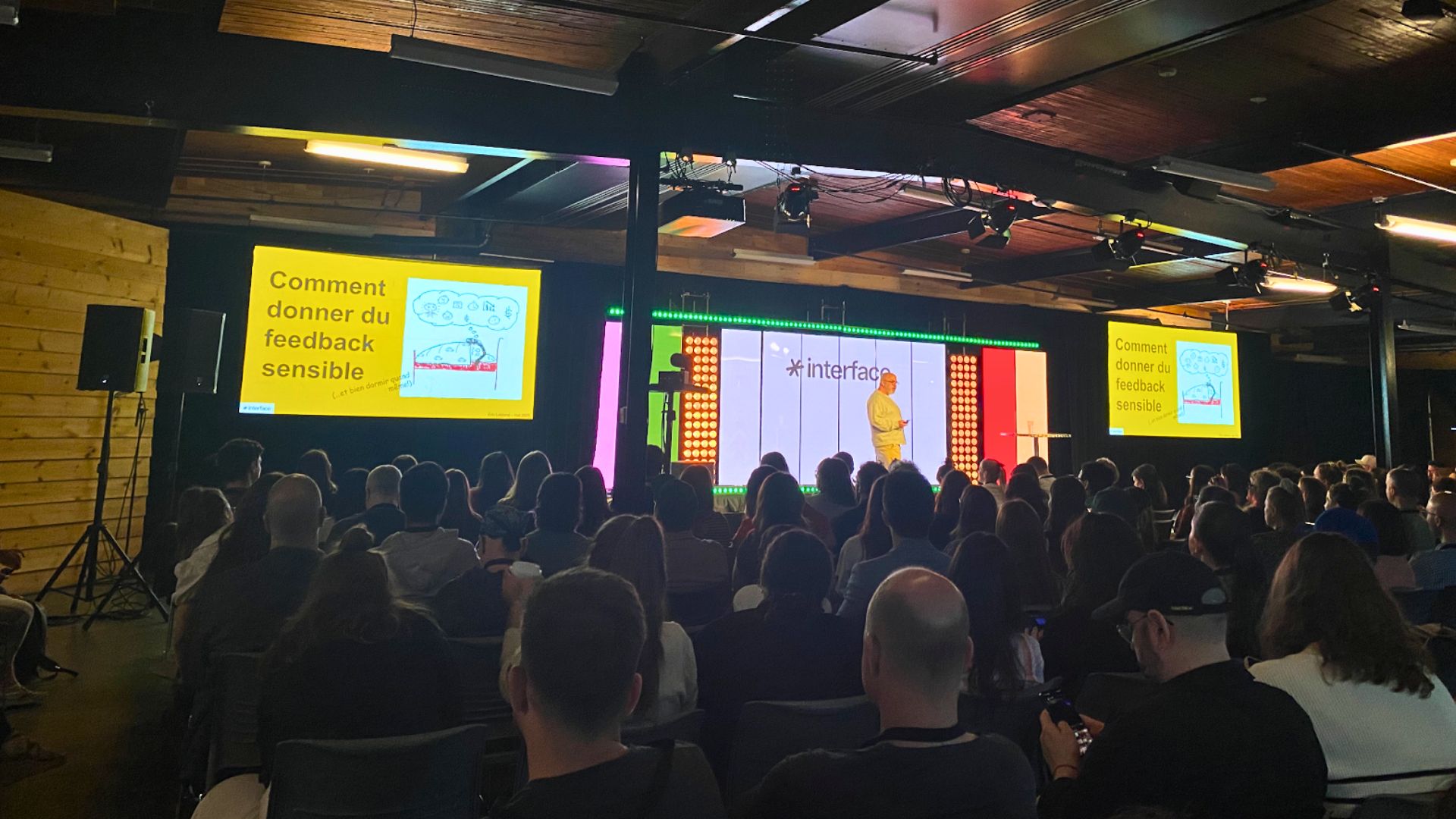Notre collaboratrice a discuté d’éducation à la sexualité avec Amélie Bleau, sexologue et directrice générale de Sexplique. Mme Bleau le rappelle d’emblée : jaser sexualité avec les enfants, qu’ils soient tout petits ou quasiment adultes, demande de l’adaptation, de l’ouverture et de bons outils.
L’éducation à la sexualité fait partie des apprentissages obligatoires du Programme de formation de l’école québécoise. Depuis le début des années 2000, elle est assurée par une variété d’interventions du personnel scolaire. Comme il s’agit d’un sujet très large qui a un impact sur plusieurs sphères de la vie : anatomie et image corporelle, relations sociales et amoureuses, prévention des abus, etc. Il n’est donc pas surprenant que plusieurs intervenants (et même des parents) soient à la recherche de ressources et d’astuces en lien avec l’éducation à la sexualité chez nos jeunes.
Quelles sont les bonnes ressources?
Amélie Bleau est convaincue : les livres sont les meilleures ressources à consulter et à présenter aux enfants. « Un bon livre ciblera une tranche d’âge précise. Il présentera des concepts de manière imagée, dans des mots simples, selon le niveau de compréhension et les aptitudes langagières de l’enfant. »
Trucs pour choisir de bons livres :
– Ciblez un thème et validez la tranche d’âge visée par l’auteur (habituellement indiqué sur le livre).
– Choisir des livres québécois : les valeurs et les termes seront adaptés à la réalité du jeune.
– Choisissez des ouvrages récents (moins de 10 ans). La vision et les enjeux liés à la sexualité évoluent rapidement (LGBTQ2+, poly amour, sexto, lois, contraception, etc.) et certains stéréotypes peuvent être présents dans des ouvrages plus vieux.
– Évitez les ouvrages qui présentent une vision très genrée de la sexualité (livre au couvert bleu ou rose, visant juste les filles ou les garçons). Tous les thèmes peuvent être abordés, peu importe le genre de l’enfant.
Quelques astuces de pro pour soutenir…
… L’enfant/ado curieux qui questionne beaucoup
- Retournez la question à l’enfant. « Toi, qu’en penses-tu? Que penses-tu que ce mot veut dire? » Vous pourrez ainsi cerner ce que le jeune comprend et veut vraiment savoir.
- Limitez-vous à de courtes réponses. Faites une intervention qui dure 2 respirations pas plus! Il est préférable de restreindre ses explications et laisser le jeune poser plus de questions s’il en ressent le besoin.
- Basez vos explications sur des éléments factuels, et non sur votre vision ou interprétation personnelle et émotive de l’enjeu. Essayez le plus possible de rester neutre dans vos explications.
… L’enfant qui dit des choses en lien avec la sexualité sans en connaître la teneur ou le sens
De nombreux enfants répètent des mots, des expressions, à teneur sexuelle, qu’ils ont entendus dans la cour d’école, dans les médias ou dans leur entourage.
Voici une approche en 3 temps dans ce type de situation :
- Demandez à l’enfant d’expliquer le sens du mot ou de l’expression qu’il a utilisé afin de vérifier sa compréhension et ainsi mieux intervenir.
- Si l’enfant demande ce que le mot ou l’expression veut vraiment dire : donnez une explication courte (truc des 2 respirations) et factuelle.
- Que sa compréhension soit bonne ou erronée, précisez que ce mot/expression ne devrait pas être utilisé par des enfants.
Amélie offre aussi une analogie simple pour faire comprendre aux enfants le danger d’utiliser certains termes : « Les mots sont comme des fruits sauvages en forêt, si on ne les connaît pas, on ne les utilise pas; pas plus qu’on ne mangerait n’importe quel petit fruit en forêt. Les mots aussi peuvent faire du mal quand on ne les connaît pas et on les utilise incorrectement. »
Pièges à éviter
- Ne poussez pas l’enfant d’âge scolaire ou l’ado à discuter s’il n’en démontre pas le besoin. Démontrez simplement que vous êtes présent, ouvert et apte à discuter et à répondre aux questions, sans jugement.
- Il se peut que les jeunes aient envie de discuter, mais pas avec vous. N’insistez pas mais rappelez-leur qu’ils peuvent discuter avec des adultes de leur entourage ou consulter des ouvrages valides et actuels.
- Restez à l’affût de ce que les jeunes regardent, lisent et reçoivent comme information, particulièrement sur des applications et sites de jeux interactifs, et sur les réseaux sociaux comme TikTok, SnapChat, Messenger Kids, Instagram, etc. Il est toujours préférable d’accompagner les jeunes dans leur exploration et leur utilisation du numérique.
Avoir des discussions saines et ouvertes, factuelles et non biaisées, sans dépasser ses propres limites comme adulte, reste une tâche complexe, il va sans dire! S’outiller, démontrer de l’écoute, préconiser le respect, s’adapter aux besoins sont tous des éléments qui contribueront à bâtir une communication durable avec nos jeunes qui aura un impact positif sur leur vision d’eux-mêmes et leurs relations avec les autres, tout au long de leur vie.
À ce sujet, consulter notre article 7 pistes pour éduquer à la sexualité en toute confiance paru récemment sur l’École branchée.
Quelques ressources en ligne pour outiller les adultes :
Sexplique
Formations et ateliers au niveau primaire, secondaire, aux adultes, aux parents et aux personnes âgées (régions de la Capitale Nationale et Chaudière-Appalaches)
Ligne de soutien sexologique 418 624-6808, poste 23
Ligneparent.com (la ressource pour les parents de TelJeune.com )
Soutien téléphonique 24/7 pour les parents : 1 800 361-5085
zanzu.be : mon corps en mots et en images
Visuels réalistes, descriptions et éléments audios en lien avec l’anatomie, la grossesse, la sexualité, les relations et les sentiments, les droits et la loi.
Naître et grandir
Articles en lien avec des enjeux en lien avec l’éducation à la sexualité des enfants de 5 à 8 ans.
Comprendre le programme d’éducation à la sexualité de nos enfants au primaire (Aider son enfant)














